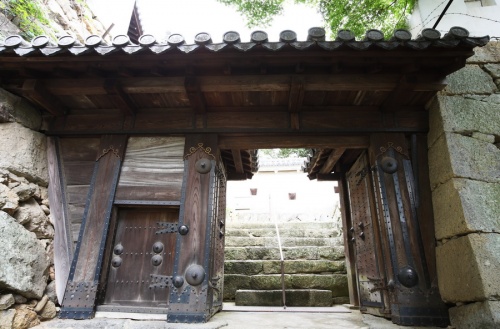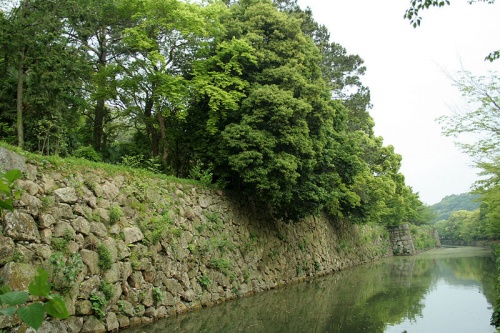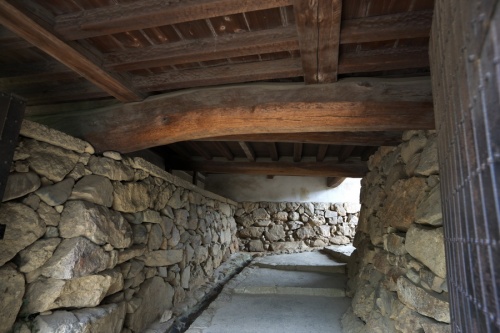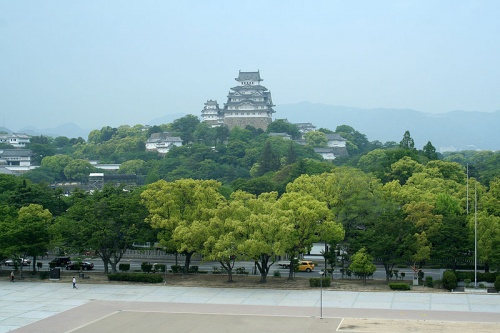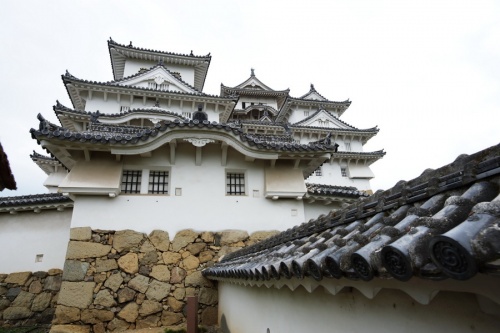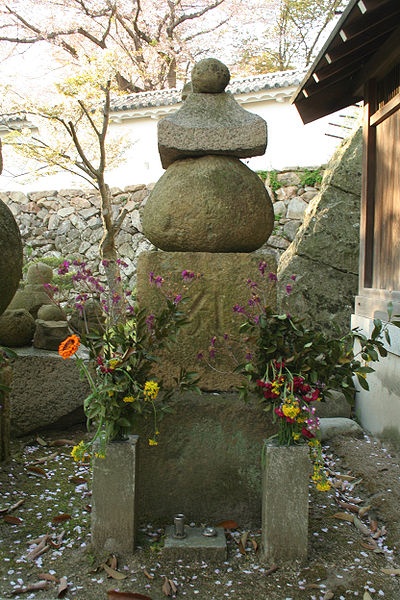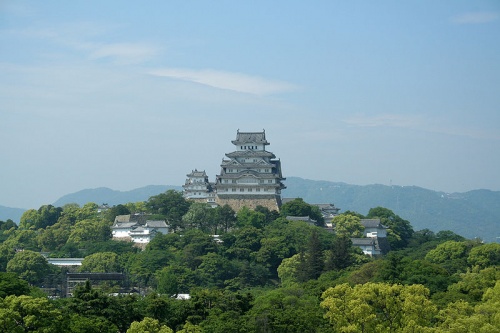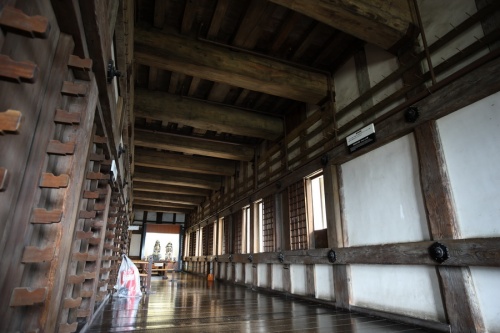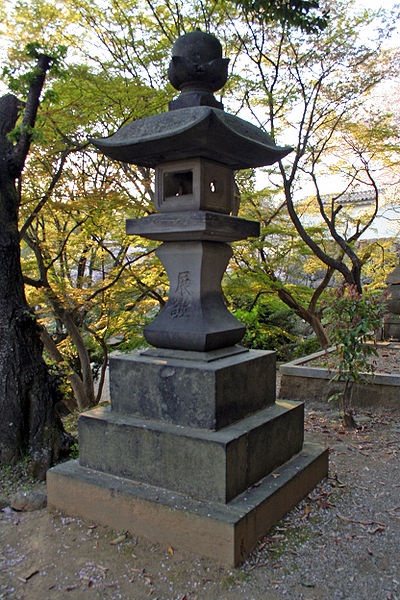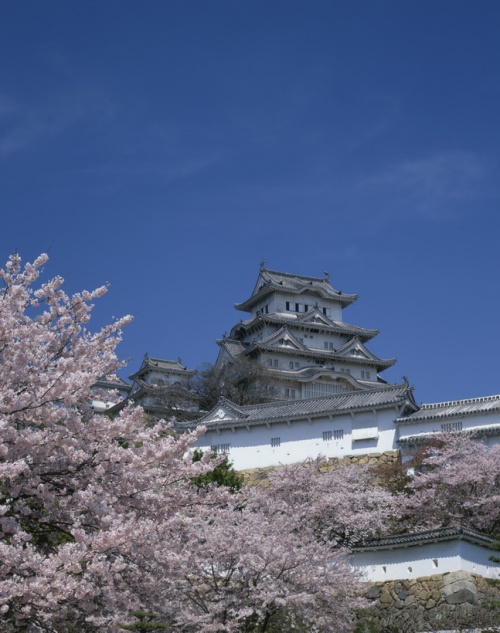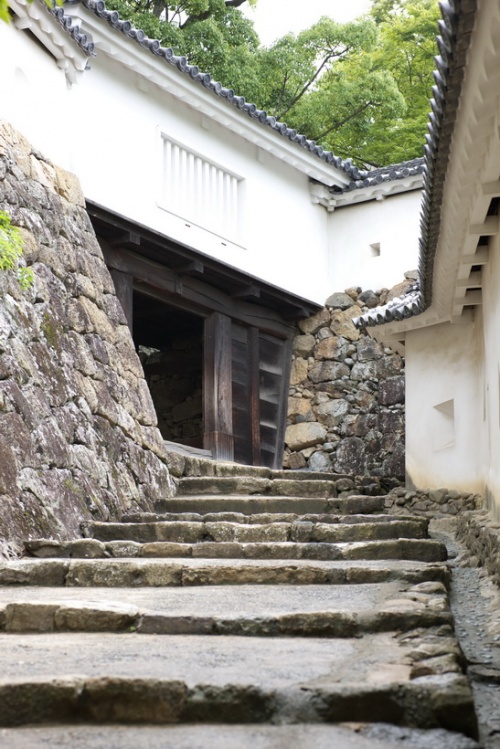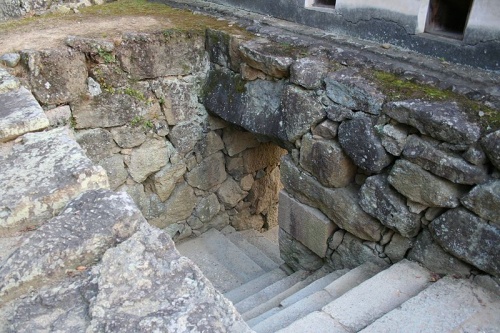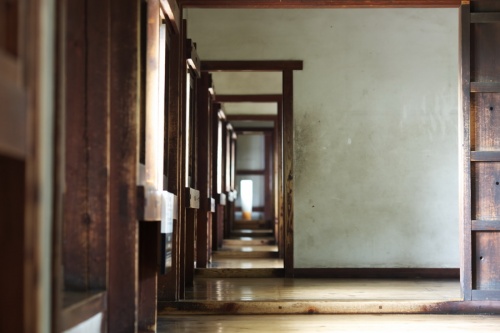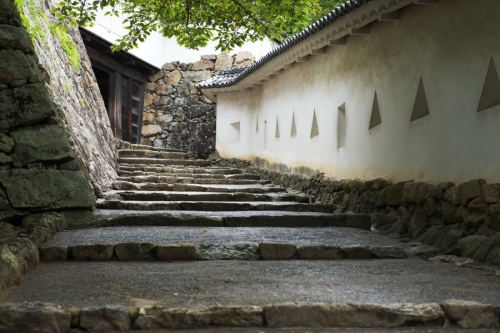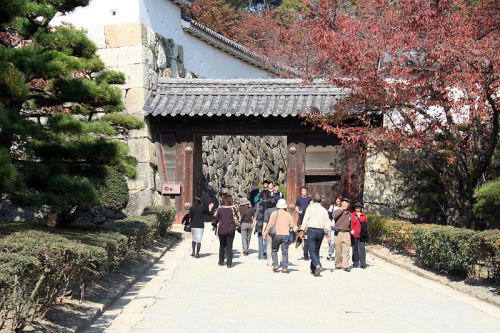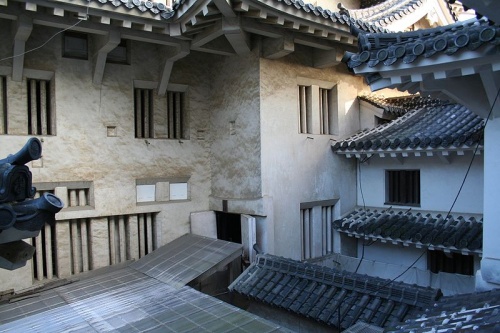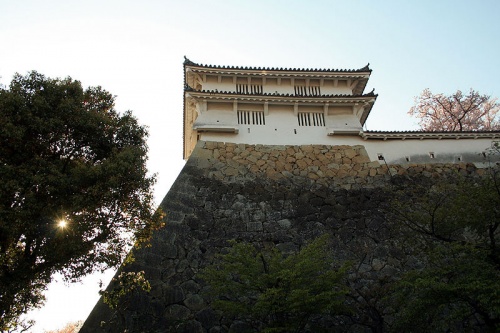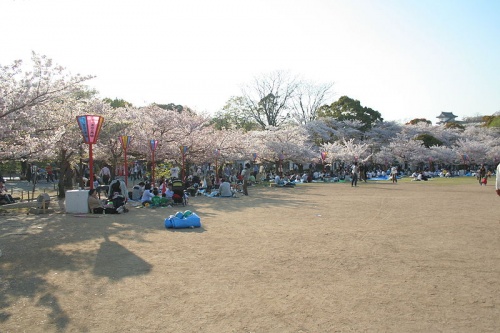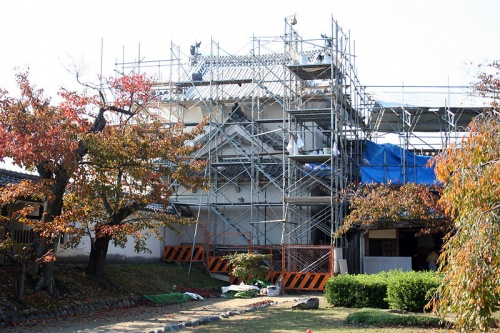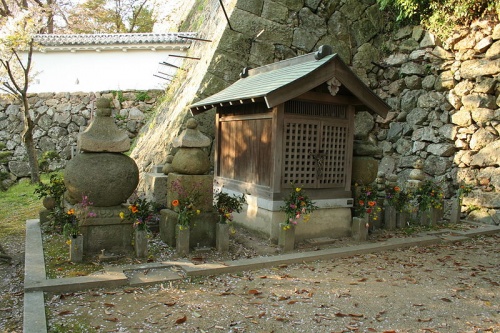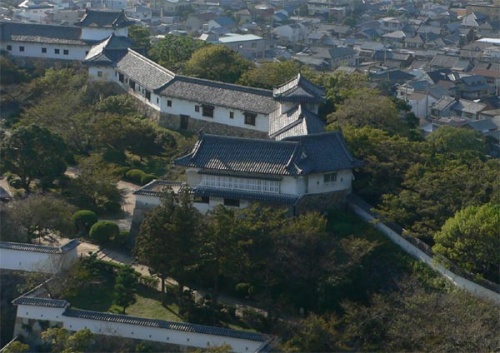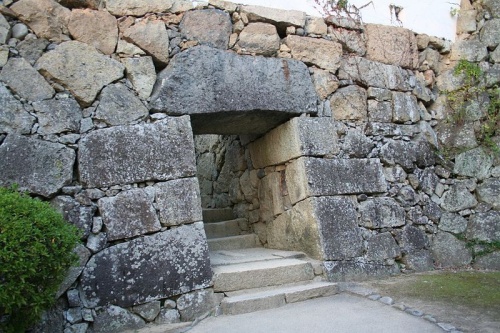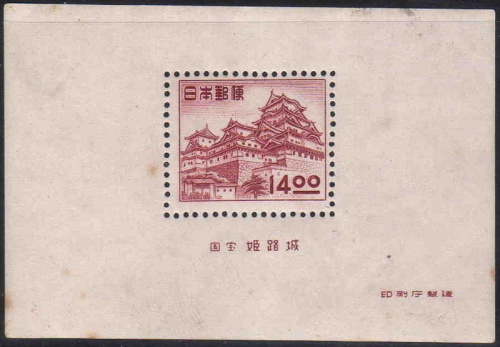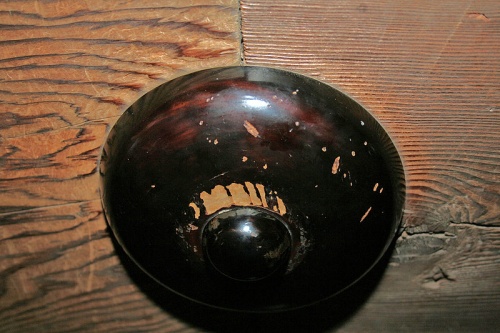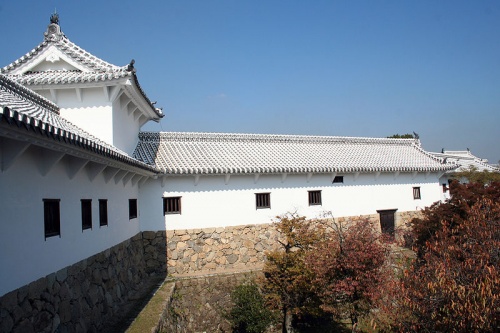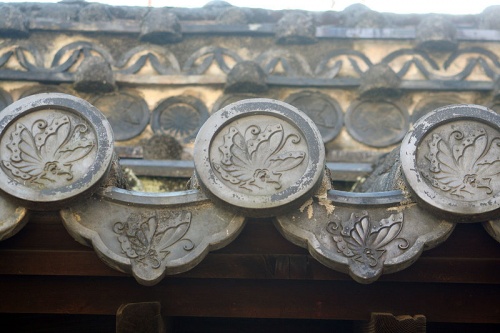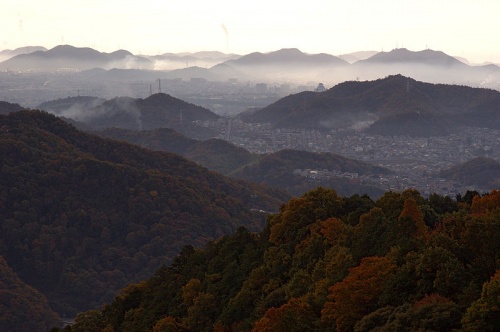Разрешение картинок от 400x300px до 3056x4592px
Himeji Castle or White Heron Castle (姫路城, Himeji) is one of the oldest surviving castles in Japan, and the most popular among tourists. In 1993 it was included in the UNESCO World Heritage List. In total, the castle complex includes 83 buildings, almost all of them are built of wood. At the foot of the castle lies the city of the same name.
Construction of the castle at the foot of Mount Hime (Hyogo Prefecture, Harima region) began in the mid-14th century (Muromachi period). “It received its name for its special precision of form and elegance, reminiscent of a beautiful snow-white bird.” Himeji served as a revered model for countless castles in subsequent generations. Its high stone foundation, carefully whitewashed walls, loopholes, and embrasures have firmly entered the arsenal of Japanese architecture techniques.
The original castle, built in 1333-46, passed from one samurai clan to another more than once, especially during the civil war of 1467-77. By the end of the 16th century, when it fell into the hands of the military leader Toyotomi Hideyoshi, the castle was pretty battered by civil strife and required major repairs. It was between 1601 and 1609 that almost all of its current structures appeared, above which the seven-tiered main tower rose to a height of 45 meters.
The renovation of the castle started by the Toyotomi family was completed by 1618 and led to the appearance of a whole bunch of auxiliary towers, as well as to the redevelopment of the surrounding area. The extensive gardens around the castle are laid out in a spiral labyrinth with many dead ends, in order to force attackers to wander in circles for hours while being shot at from the keep.
This ingenious idea was never tested in battle, since after the completion of construction, relatively peaceful times began in this part of Japan. Over the next two centuries, the town of Himeji grew under the shadow of the castle.
In 1871, White Heron Castle was seized from its owners and went under the hammer for 23 yen. At the end of World War II, the surroundings of the castle suffered from American air raids, but the castle itself remained unharmed.
Many films were filmed on the castle grounds. In one of the first Bond films, You Only Live Twice, he appeared as a secret ninja school where rocket weapons were being developed. Akira Kurosawa filmed such masterpieces here as Shadow of the Warrior and Ran. In 2003, the historical film “The Last Samurai” with Tom Cruise in the title role was filmed in Himeji.
